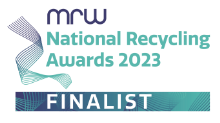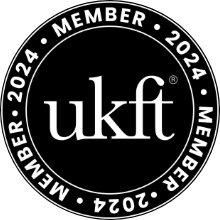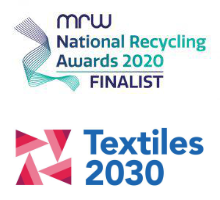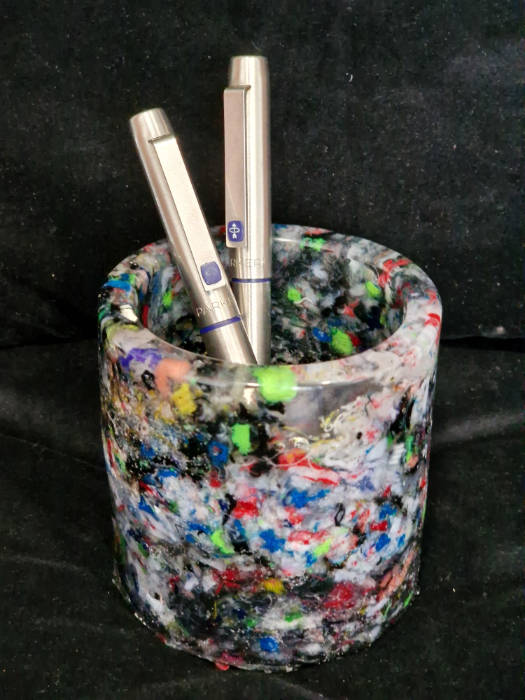Recycle Now states that the average secondary school produces 22kg of waste per pupil each academic year and for a primary school that figure sits at 45kg per pupil. These are figures that call for action and the reality is most items thrown away within a school environment can very likely be recycled.
Why Should Schools Be Recycling?
The first and probably most important reason for all of this is our desire to want to help the environment. Recycling makes a huge difference to our environment and stops the materials that can be recycled from going to landfill. Landfills are one of the biggest contributors to global warming, and according to CDL each day we dump on average around 70 million tons of global warming pollution into the environment and each day that number continues to grow.
By recycling materials schools have options to raise funds, a win-win situation for them and the environment; with many recycling schemes available to them across the UK. Here at Roberts Recycling we offer schools the chance to raise funds through textile recycling, our primary aim is to divert waste from landfill, but we also pride ourselves on supplying affordable clothing to poorer parts of the world outside of the UK. You can read the information on our scheme here.
How Can Schools Improve Recycling?
Understanding what can be recycled and what is simple rubbish, can be the difference between those who recycle and those who don’t, so below we’ve explored the most popular types of materials found in UK schools.
Plastic
Up first, plastic! It will be no surprise that this can be recycled. Maybe it’s the plastic from a pupil’s pack lunch or a plastic bottle used in art class, you would be surprised how much plastic you would find in a school when you’re looking for it. So how can you tackle it? How about sending out a letter to parents or guidances and encouraging single-use plastic, such as reusable water bottles or wooden cutlery.
Paper
With education being the main focus of schools, paper waste is to be expected and according to The World Counts, Paper accounts for around 26% of total waste at landfills. But with the world becoming more digital every day, the need for paper is becoming less and less. Worksheets can be done on the computer, letters home can be done by email and course work can be submitted online.
If the need for paper is still relevant in your environment, why not try introducing a dedicated paper recycling bin in the classroom, and encourage staff and pupils to use it, this will help to reduce the amount of paper sent to landfill.
Food
When food is served on a huge scale, it results in high volumes of waste. WRAP states that 1.3 billion tonnes of food waste in the UK is produced every year, with the education sector taking a high percentage of this. Food waste, drastically drives more greenhouse gases when it’s in landfill, with it accounting for 250,000 tonnes of greenhouse gas emissions per year.
By tracking the number of pupils who have signed up for schools meals, this will help schools not over-buy on certain items. Overall, planning ahead and being transparent with parents about the school’s desire to cut down on food waste can help to encourage more people to get involved.
Do A Recycling Workshop
If you are keen to make recycling a school effort, why not hold a workshop on what recycling is all about. It’s important pupils feel encouraged to contribute to the new motto’s that the school are taking on. From a clean-up in the schoolyard to learning about the positive impacts recycling can have on our world, there are many ways to encourage them.
Use Recycling Bins Around The School
Whether it’s a recycling bin for plastic, paper, food or even a Roberts Recycling bin, which you can get here, recycling bins make it easy for staff and pupils to carry out the necessary actions needed to recycle correctly and so by putting them in public locations and making them clearly labeled you will be helping push this along.
Want to raise funds for your school or community through textile recycling? Click here.








